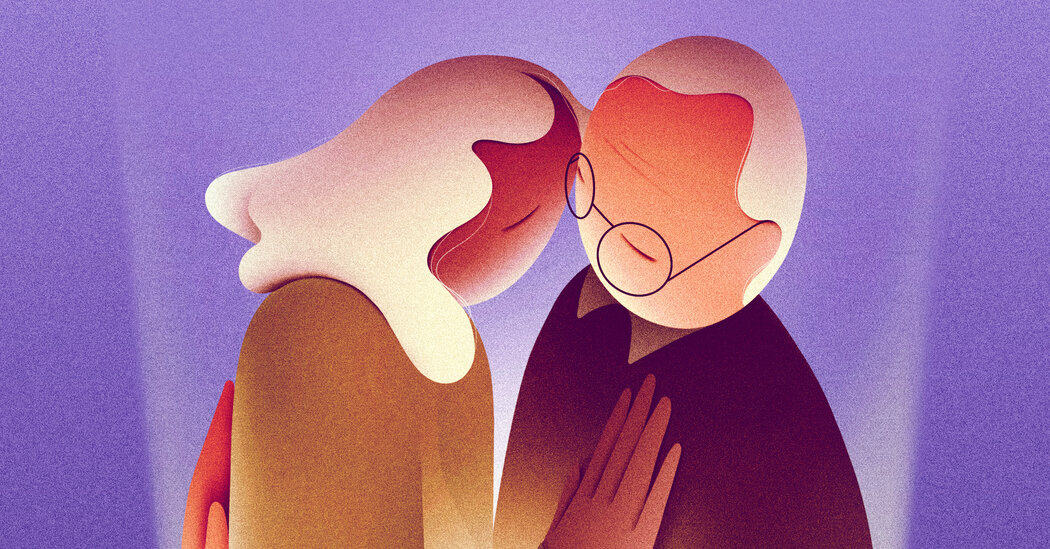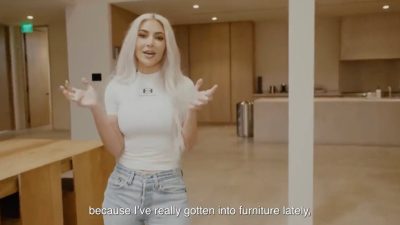People in older age tend to be generally freer of expectations in dating and relationships. The assumption that you will merge households declines. If parents or your community pushed you to marry a certain type of person in your 20s — because of religion, socioeconomic status, profession, race, sexuality, gender — that pressure may have dissipated or vanished.
Indeed, several women, hetero and queer, told me that while they want love and long-term relationships, they can’t imagine returning to commingling finances or giving up their space — their condo, apartment or house — after years of living on their own. Some are purposefully going slower in love now. “I don’t need to be attached at the hip anymore,” says Louisa Castner, a lesbian, divorced woman, referring to the enmeshment she felt in her previous relationships. Years ago, Helen Fisher briefly dated a man who was smart and interesting and lived across the country from her. “Was I going to move from New York City, away from my friends?” she says. “It wasn’t worth it to me.” She did eventually marry the writer John Tierney three years ago. He is seven years younger than she is. They are in what is known as a “living apart together” relationship. She is in the same Manhattan apartment she has lived in for 28 years. He is in the Bronx. They talk every day and see each other most evenings. Other nights she is typically out with her female friends, whom she has known far longer than her husband. And at the end of those evenings, she climbs into her own bed.
When I first started dating online, it felt as if a fire hydrant had opened — men appearing across my feed from different geographic areas, of different ages, races, professions. Since then, I have gone on dates and been in relationships with men who are smart, kind, funny and irreverent and who have lived in Maine, Boston, New York City, Ohio — which means I never would have met them without the apps. Dating beyond where I live is also possible because I occasionally go on the road for work, no longer have small children and can afford some travel.
H. also started dating, near and far, after his divorce. He was 51, around the peak of men’s online-dating popularity. His feed filled with women: Some were highly educated and others less so; some were his age and plenty two decades younger. They were nurses, teachers, librarians, women with jobs in marketing and P.R., none of whom he ever would have met through friends or work. H. was enamored with the seemingly endless possibilities. During his most intense dating weekends, he would have a couple of brunches, afternoon walks, drinks at 5 p.m. with one woman and drinks with another at 8. He paid for it all, unless he knew there would be no second date and the woman offered to split the bill. Some weeks he had 15 dates. “I was saying yes, yes, yes,” he told me.
After a month, he was overwhelmed, disillusioned, filled with too much coffee, alcohol and scrambled eggs and too many conversations in which he felt no connection. He paused all his apps and regrouped. Attraction mattered, sure, but he wanted women who were educated, successful and enthusiastic, and also women who were mothers (so they could share parenting experiences) and lived reasonably close by. And although he started off dating women who were more than 10 years younger — in a couple of cases more than 15 — too often he had little in common with them and struggled to have substantive conversations. So he narrowed his age window: eight years younger and three years older. Now, at 57, with his own kids in college, he is clear he wants a partner with whom he can share the same life stage, interests and living styles. (Toward the end of my reporting, he restarted a relationship and moved in with a woman he met years ago through online dating, two states away from him. Love doesn’t always stick to our dating rules.)
Sumber: www.nytimes.com












